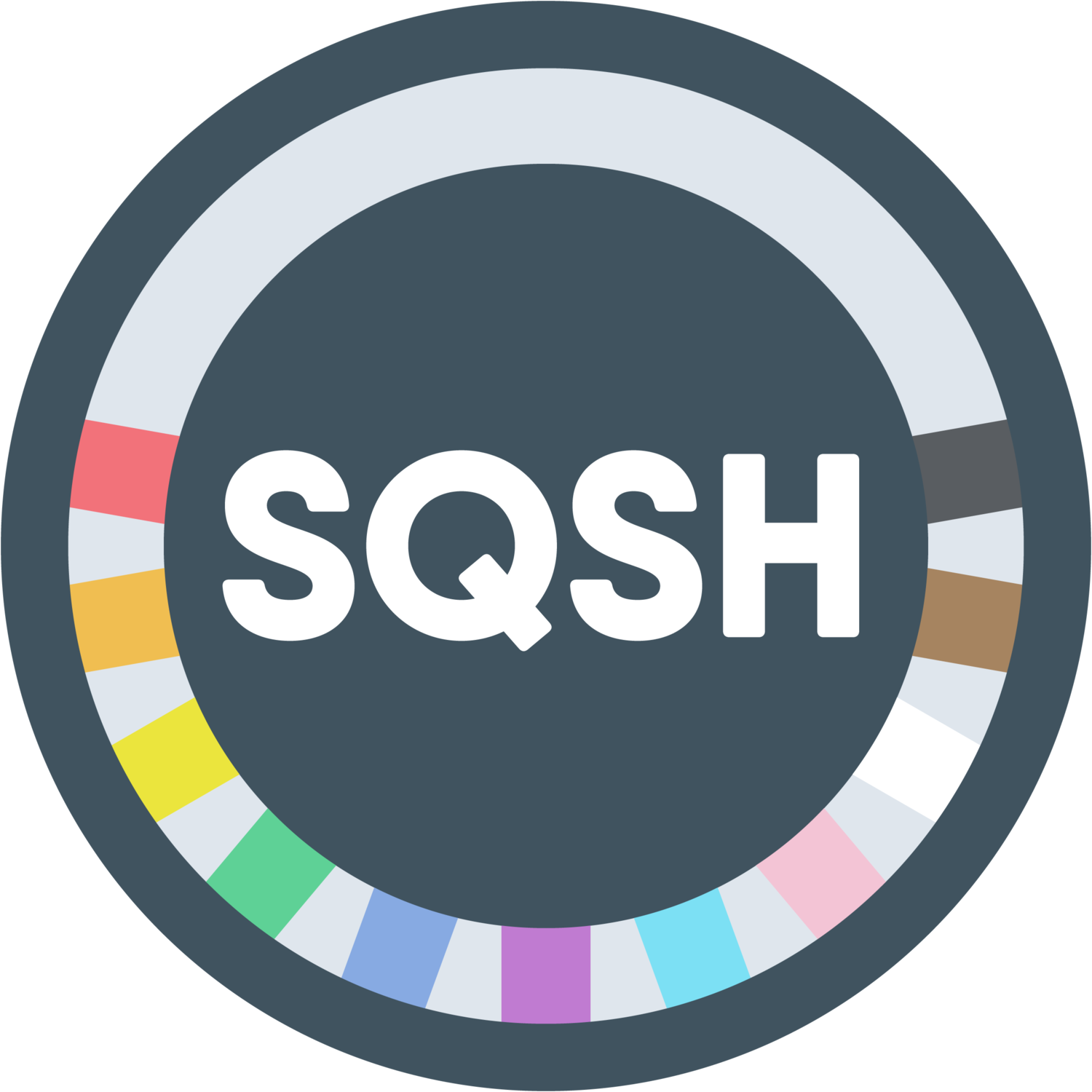
Chosen Family
A family of choice is a non-biologically related group of people forged to foster relationships of mutual, ongoing support.
Queer St. Louisans tell us about friendships, queer culture, kindness, COVID, representation, Black women lineages, growing up in a rural area, and more ⬇️
Photo of Ji-Woo Kim (they/them)
“I went to a conference and a person led a guided meditation, another beautiful black woman. And she said, ‘imagine the person that you love and care for is behind you, holding your back, like they're holding you. Then imagine someone who really loves and cares for them is holding them.’ I specifically was imagining my family and like the black women that raised me and the black women that are not maybe physically here anymore, that raised us. And then she ended by saying, ‘how good does it feel to know that you are not doing this alone?’”
– Alexis Nichole (she / they / star)
Photo of Maven Lee (he / they)
“There's community here. There's a very strong queer culture, and I've seen that in other cities. I've seen that as a queer person, I can find that anywhere I go. But there's good roots here in St. Louis. There's new things growing. I think a lot of people consider St. Louis to be a flyover city in a lot of different capacities, and I think that includes our queer scene as well. If you can get out there, you can find your people. We have a garden that needs to be tended to. [This coming from] somebody who just loves to create and grow and cultivate culture and a wide breadth of social interactions. St. Louis is a great stage to do that on. There's a lot of potential to keep building and doing more to [gain] momentum.”
– Drew Ryherd (he / they / she)
Photo of Kristine Hervey
Photo of Po Mia (they/them) (left) and Bren Solis (they/them)
“I'm from a rural area and it tended to be less accepting there of queer identity. So I would tend to gravitate towards people that I knew were accepting and that I knew would not care about someone's sexuality. And so that's kind of the community that I found, and not necessarily other queer people all the time, but just people at first who were accepting and didn't hold prejudice. Now I am able to actually build friendships with other queer people who share similar identities, and I think that's what community is now for me.”
— Drake (he/him)
Photo of Liberty Gonzalez (they/them) (left) and Dakota Gonzalez (they/them)
“I think being queer gives you the space and the opportunity to question the norms or rules or whatever in a way where you're like, ‘we get to kind of make this up’. Friendships to me are just as valuable as blood relatives or relationships. There's no hierarchy.”
— Mack (they / he)
Photo of Jet McDonald (they/them) (left), Mariana (she / fae), and Cindy Chen (she/her)
Photo of Kelsey Trammel (she / they)
“My chosen family is constantly reaffirming me and letting me know I am that girl, I am that bitch. I think especially during COVID with my current living situation, it's been hard. I've dealt with physical pain before, and to some extent my physical pain has subsided. But the mental and emotional pain is like, whoa, what's happening here? And so, I think the role my chosen family has played is just being graceful.”
– Alexis Nichole (she / they / star)
Photo of H Stabler (they/them)
“The people who I hold closest to me, the people who push me to do better, to be better, to continue growing in healthy, productive ways to help foster community and just growth for everyone I meet. They're the people who are endlessly kind. They're the people who will take the time to understand you, to listen, to support you. Kind people are my kind of people.”
– Drew Ryherd (he / they / she)
“Changing your environment is very real in the sense of getting involved with community orgs and spaces where other queer people, black queer people, are just existing. Even if I don't think that I'm adding that much to the space, even if it’s just me being there and me being present and existing.
– Alexis Nichole (she / they / star)
Photo of Ji-Woo Kim (they/them) (left) and Eileen Cheong (she / they)
What gives you hope despite the systems of oppression that we live in?







